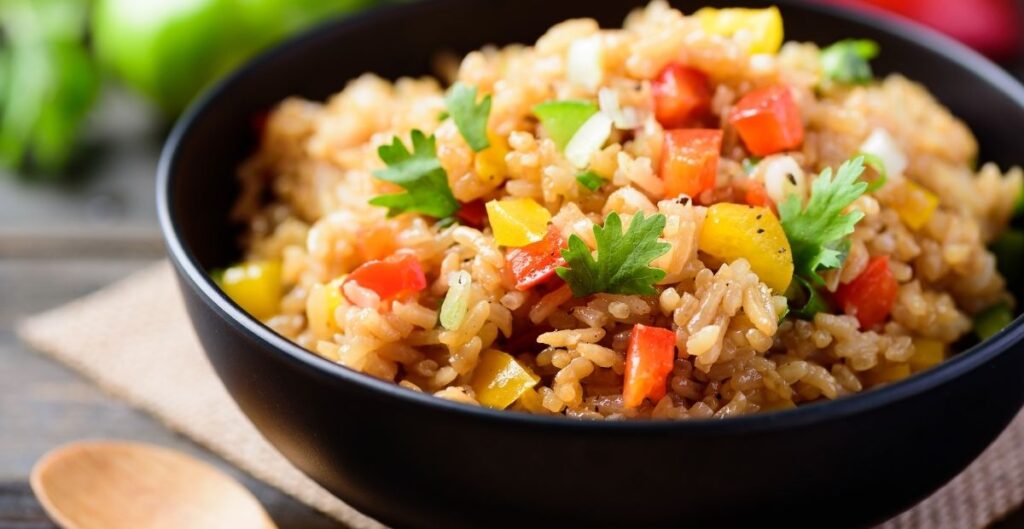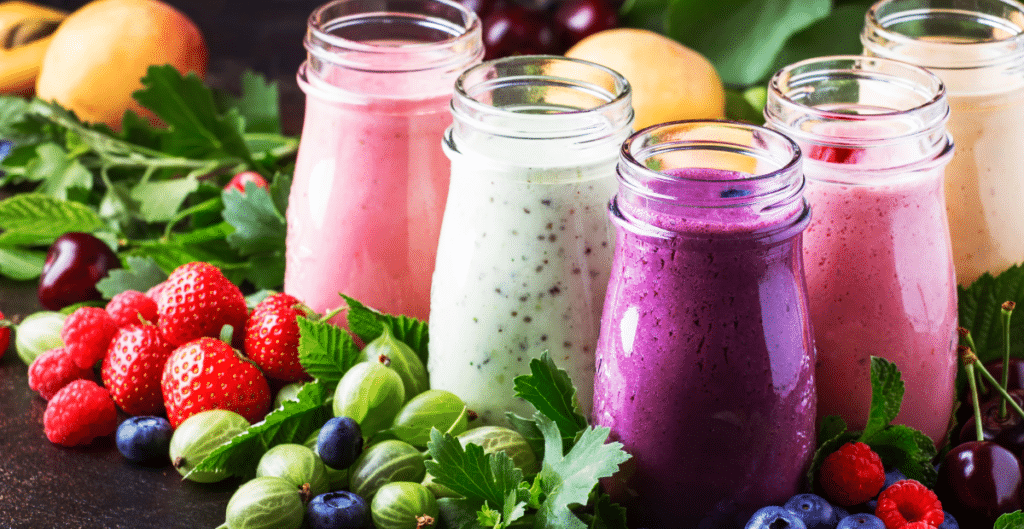A fine 14-Days Cleanse Diet
Do you feel you’re absorbed into anxious behaviour relating your diet? You are not alone. It is natural to be engulfed by under-nutrition, weariness, as well as physical and mental strain in today’s frantic and caught up world. But is it possible to recalibrate the human system by any chances? Yes, and below is how!
This doable, nutrient-focused plan is intended to assist you in:
• Restoring your stamina and vibrancy;
• Detoxifying your body and mind;
• Struggling for better and helpful eating patterns
The ultimate plan to maximize your 14-day cleansing diet is right here. The article looks into the benefits, a toothsome meal plan, and a pleasant advice to assist you stay on meal pattern provided!
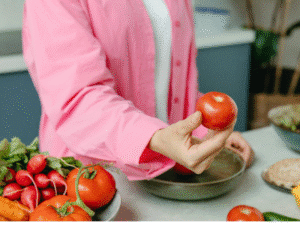
Reset Your Body in 14 Days
The 14-Day Cleanse Diet detailed below is a dietary plan to improve digestion system, serves to do away with the systemic impurities, and gives off a much refreshed feeling. With an emphasis on complete, raw meals, it’s a mild reboot that encourages energy and balance without imposing severe limitations or deprivation!
The Detox Science:
The detoxification system in human body is a process that involves human organs like the liver, kidney, and the colon. These organs work together to get rid of several toxins in the body, abolish waste, and maintain health in its finest. However, this might be affected. A false meal, as well as pollution, is contagious to health. They can put down the proper working of these organs. This decline can lead to problems like fatigue, bloating, skin disorders, and cognitive decline.
How a Cleanse Diet Supports Your Body
Power Your Detox Engine: Vital nutrients increase the ability of your kidneys and liver to combat toxins!
Give up the inflammatory meal factors: Eliminate alcohol, junk food, and sweets to reduce inflammation and relax your digestive tract.
Advantages of the 14-Day Cleanse plan
Gastric Bliss: A gut-friendly dietary will help you wave farewell to indigestion and inflammation.
Stamina Uplift: Your body is fuelled by foods high in nutrients, which prevent energy slumps.
Weight stability: Losing pounds or gaining a healthy weight is helped by a healthy diet and appears to reduce bloating.
Mental stability: A healthier brain grows with a healthy diet. It keeps away the mental confusion and stress.
Glowing and healthy skin: For a skin that glows, you will necessarily need to avoid refined meals and drink lots of water.
14 Days Cleanse Diet Menu
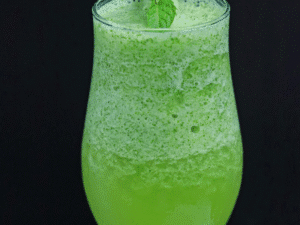
Days |
Meals |
Day 1 |
|
Day 2 |
|
Day 3 |
|
Day 4 |
|
Day 5 |
|
Day 6 |
|
Day 7 |
|
Day 8 |
|
Day 9 |
|
Day 10 |
|
Day 11 |
Same as Day 1 |
Day 12 – 14 |
Repeat meals from earlier days, focusing on your favorites. Ensure variety and balance! |

Foods to Include and Avoid
Foods to Include:
Fruits: Berries, citrus, apples, and tropical fruits.
Vegetables: Leafy greens, broccoli, carrots, and cucumbers.
Whole Grains: Quinoa, brown rice, oats.
Proteins: Chicken, fish, tofu, lentils.
Fats: Avocados, olive oil, nuts, seeds.
Beverages: Water, herbal teas, detox water.
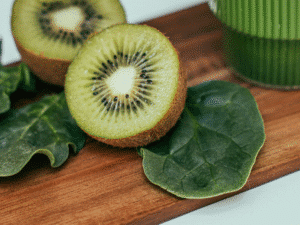
Foods to Avoid:
For the journey to reach its destination just rightly, there are several meals that you need to steer clear of.
Manufactured foods, white sugar, lacticnia, liquor like rum, and caffeinated liquid refreshments need to be avoided.
Getting Past Challenges on Your Cleanse Path
In the path to healthier diet, you might as well be encountering several challenges to cope with.
1- Cravings:
To cope with this you’ll need to lay in with some nutrition; fruits and nuts.
2- Reduced Energy:
If you start to suffer from reduced energy, you have got to ensure intake of enough water and consume enough solids.
3- Bloating:
In order to get over bloating, you would have to move to meals, encapsulating fibre.
Revive the dietary, Amplify your Health!
The cleanse diet directed above is a 14-day health proposal which is a vigorous catalyst, giving you the chance to reset your eating habits, amplifies your health, and induces the bedrock for life span. You’ll encounter an escalation in liveliness, balanced dietary, and mental stimulation by providing all the vital nutrients to the body as well as ridding the system of any nutrient-impurities. This health pattern ensures a much practical and a permanently surviving strategy for achieving goals to stabilize your weight, start over with a healthy life-cycle, or maybe, just revive energy.
So gear up to:
- Escalate your digestion,
- Fabricate a fine and lasting eating habit
- Revive your attention span
- Gain your weight gaining goals
Disclaimer:
Before you began the diet plan, see a doctor i.e. a medical specialist and specially if you particularly have any health problems.


